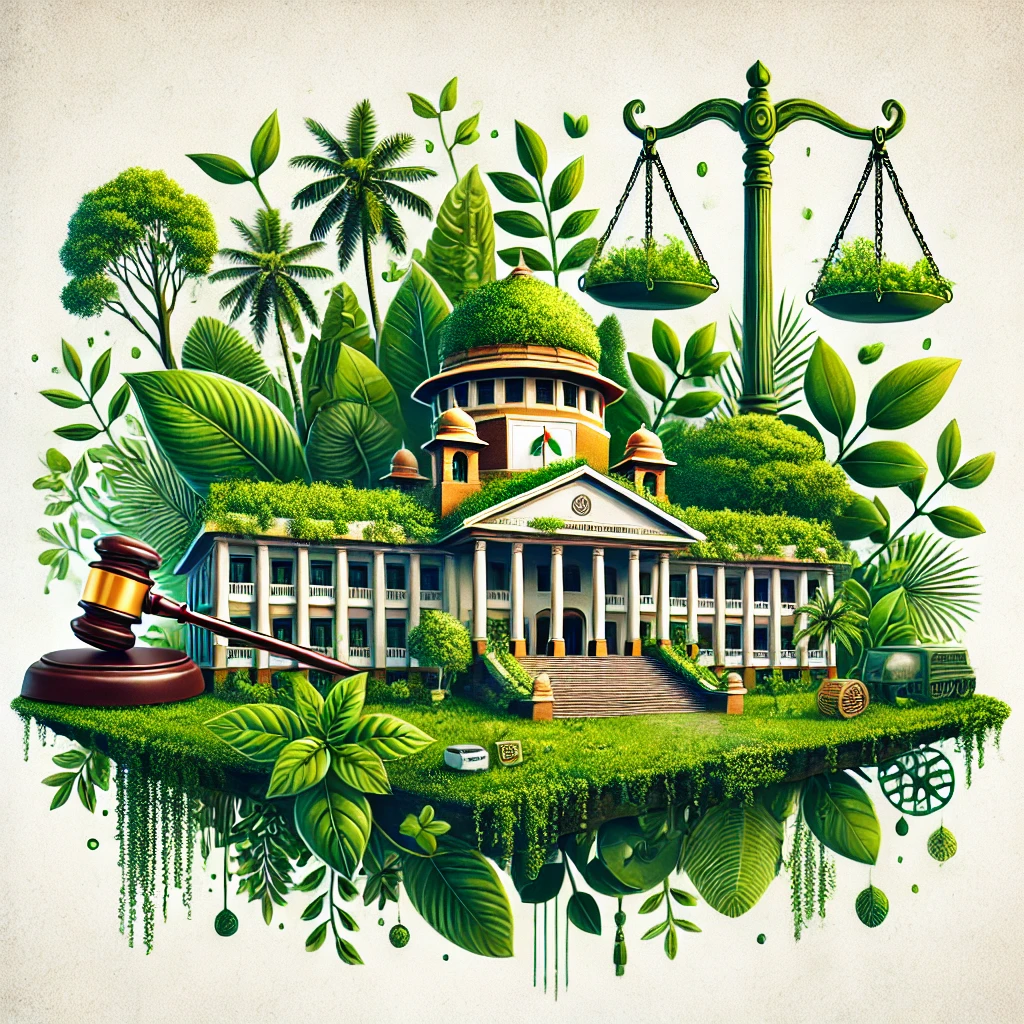Entertainment Law at Zambia
Entertainment Law in Zambia is a developing field that deals with legal issues related to intellectual property (IP), media, music, film, television, broadcasting, and performances. The legal framework for entertainment in Zambia is shaped by national legislation, international treaties, and regulations pertaining to copyright, trademarks, contracts, and the media industry.
Zambia’s entertainment industry is increasingly growing, with a rising number of musicians, filmmakers, and artists gaining international recognition. As the industry continues to evolve, entertainment law plays a crucial role in protecting the rights of creators, regulating content, and providing legal recourse in cases of disputes.
Key Aspects of Entertainment Law in Zambia
1. Intellectual Property (IP) Law
Copyright Law:
Copyright is one of the most important aspects of entertainment law in Zambia, particularly for musicians, film producers, writers, and performers.
Zambia’s Copyright and Neighbouring Rights Act (No. 17 of 2016) governs copyright protection. This law provides protection for literary works, artistic works, musical compositions, audiovisual works, and other creative content.
Copyright in Zambia provides creators with the exclusive right to reproduce, distribute, perform, and adapt their works. The duration of copyright protection is typically the life of the author plus 50 years for works like literary, artistic, and musical works, and 50 years from the date of creation for films and sound recordings.
The Zambia Copyright Society (ZCS) helps to manage the collective rights of creators and ensures that royalties are distributed to copyright holders.
Neighbouring Rights:
Neighbouring rights are similar to copyright and protect performers, producers of sound recordings, and broadcasting organizations. These rights allow performers to receive royalties from the use of their performances, such as in radio broadcasts or public performances.
Trademarks:
The Trademarks Act (Chapter 401 of the Laws of Zambia) governs the registration and protection of trademarks in Zambia. This is particularly important for entertainers and production houses that wish to protect their brands, logos, and names.
Trademarks are important in the entertainment sector to protect the names of musicians, film production companies, brands, and performance groups.
2. Media and Broadcasting Law
Media Regulation:
The Independent Broadcasting Authority (IBA) is the regulator for the broadcasting sector in Zambia. The IBA is responsible for licensing and regulating radio, television, and other forms of media content.
Zambia has several private and public broadcasters, and the Zambian National Broadcasting Corporation (ZNBC) is the state-owned broadcaster that plays a significant role in the media landscape.
The Broadcasting (Content Regulation) Act No. 34 of 2002 provides guidelines for the regulation of content on TV and radio, including issues related to violence, sex, political content, and morality.
Media houses in Zambia are required to comply with broadcasting laws and regulations that ensure content is aligned with the country’s cultural values, including restrictions on explicit content.
Broadcasting and Licensing:
The IBA issues broadcasting licenses to both radio and television stations in Zambia. These licenses typically come with conditions regarding the type of content that can be aired, the duration of broadcasts, and adherence to ethical standards.
For foreign broadcasters, licensing is also required for them to broadcast within Zambia. International streaming services like Netflix and YouTube must comply with local content regulations to operate in the country.
3. Film and Music Industry Regulation
Film Production:
The Zambian film industry is growing, with local filmmakers creating content for both domestic and international markets. There are film festivals like the Zambian International Film Festival (ZIFF), which celebrate local films and provide a platform for Zambian filmmakers to showcase their work.
Film production in Zambia is subject to copyright laws, and producers must ensure that they secure the appropriate licenses and permissions before using third-party works (such as music, scripts, or footage) in their films.
Music Industry:
The Zambian music industry is vibrant, with a growing number of musicians and record labels gaining both local and international recognition. Copyright laws play an important role in the music industry, ensuring that musicians retain control over their works.
Performing rights organizations like the Zambia Performing Rights Society (ZPRS) collect and distribute royalties to musicians, composers, and producers. ZPRS represents the performance rights of musicians and ensures they are compensated when their music is played in public or broadcast on radio and television.
The music industry also deals with issues of piracy, which has been a concern for many local artists. The government has enacted laws to combat piracy and protect the rights of music creators.
4. Entertainment Contracts and Talent Representation
Entertainment Contracts:
Entertainment contracts are essential for regulating relationships between artists and other industry stakeholders, including record labels, film studios, production companies, talent agencies, and performers.
Contracts for musicians, actors, directors, and other entertainers typically address issues such as fees, royalties, distribution rights, and the duration of the contract. These contracts must comply with Zambian contract law and provide clear terms and conditions for all parties involved.
Talent management agencies often act as intermediaries between entertainers and production companies, negotiating terms of representation and securing opportunities for their clients.
Dispute Resolution:
Disputes between entertainers and producers, record labels, or other entertainment-related entities are typically resolved through contractual arbitration or litigation. The Zambian courts have the jurisdiction to handle these disputes, and the Industrial Relations Court may be involved in disputes related to employment contracts in the entertainment sector.
5. Censorship and Content Regulation
Censorship of content in Zambia is governed by the Film and Broadcasting Regulation Act, which sets the standards for appropriate content for television and radio.
The Zambian government ensures that entertainment content aired on public and private platforms does not conflict with cultural norms, moral values, or national interests. Content that promotes violence, explicit sexual content, or subversive political messages is often subject to censorship.
The Zambia National Arts Council (ZNAC) is also involved in ensuring that public performances and artistic expressions comply with national standards and values.
6. Piracy and Enforcement of IP Rights
Piracy and Counterfeiting:
Piracy remains a significant issue in Zambia, particularly for the music and film industries. The illegal copying and distribution of music albums, movies, and software can deprive artists and producers of revenue.
The Zambia Police Service and the Zambia Revenue Authority (ZRA) are responsible for enforcing anti-piracy laws, conducting raids, and seizing pirated materials.
The government is working with intellectual property organizations and international partners to improve IP enforcement and combat piracy.
Enforcement of IP Rights:
Enforcement of copyright and trademark laws in Zambia is typically done through the Zambian Intellectual Property Office (ZIPO). IP owners can file complaints with ZIPO or take legal action in the Zambian courts to enforce their rights against infringers.
Zambian law allows for civil and criminal penalties for those who violate IP rights, including fines and imprisonment.
7. Cultural and Religious Sensitivity
Zambia is a country that is predominantly Christian, and entertainment content is often expected to reflect the cultural and religious values of its people. While freedom of expression is upheld, there are restrictions on content that is seen as inappropriate or offensive to the country’s religious or cultural beliefs.
Entertainment law must, therefore, take into account the country's sensitivities to content that could be seen as immoral, blasphemous, or subversive. This includes ensuring that films, music, and other forms of entertainment do not contradict the values of the Zambian people.
Conclusion
Entertainment law in Zambia is evolving as the country’s entertainment industry grows. Intellectual property laws, including copyright and trademark protections, are crucial in ensuring that creators are compensated for their work. The regulation of broadcasting, music, and film content is subject to government oversight to ensure that it aligns with national cultural and religious values. As the Zambian entertainment industry continues to flourish, entertainment law will play a key role in protecting artists' rights, fostering creativity, and promoting fair business practices. The enforcement of intellectual property rights, addressing piracy, and dealing with content regulation remain important challenges that will shape the future of the entertainment industry in Zambia.












comments